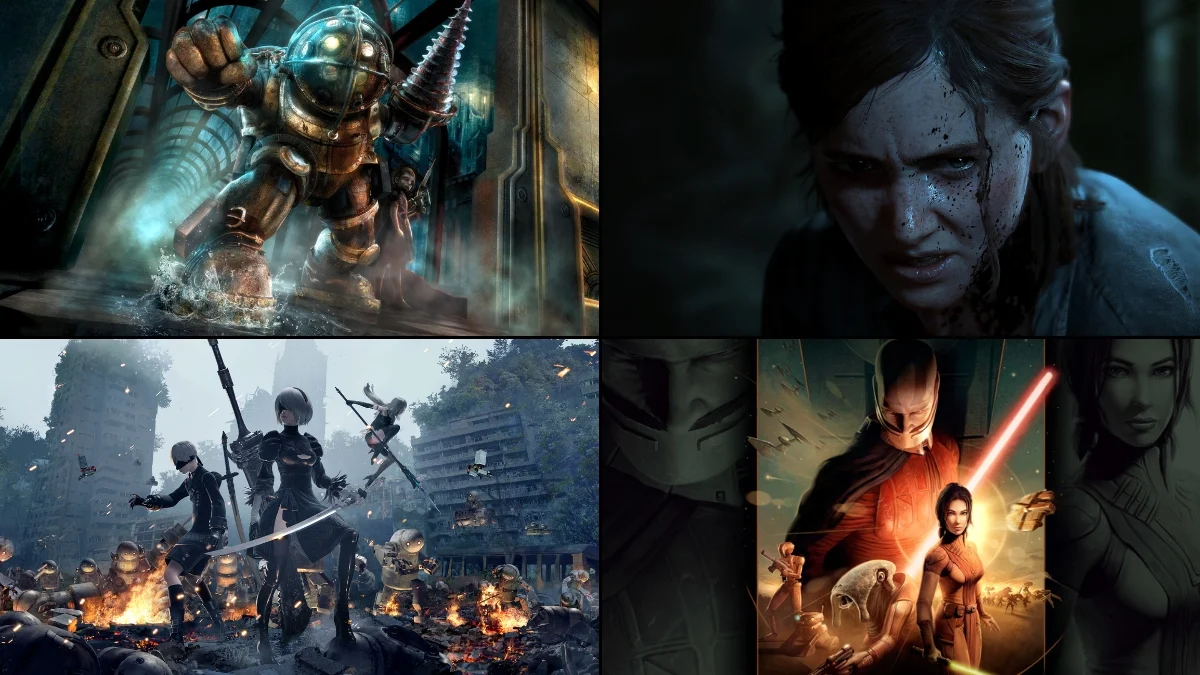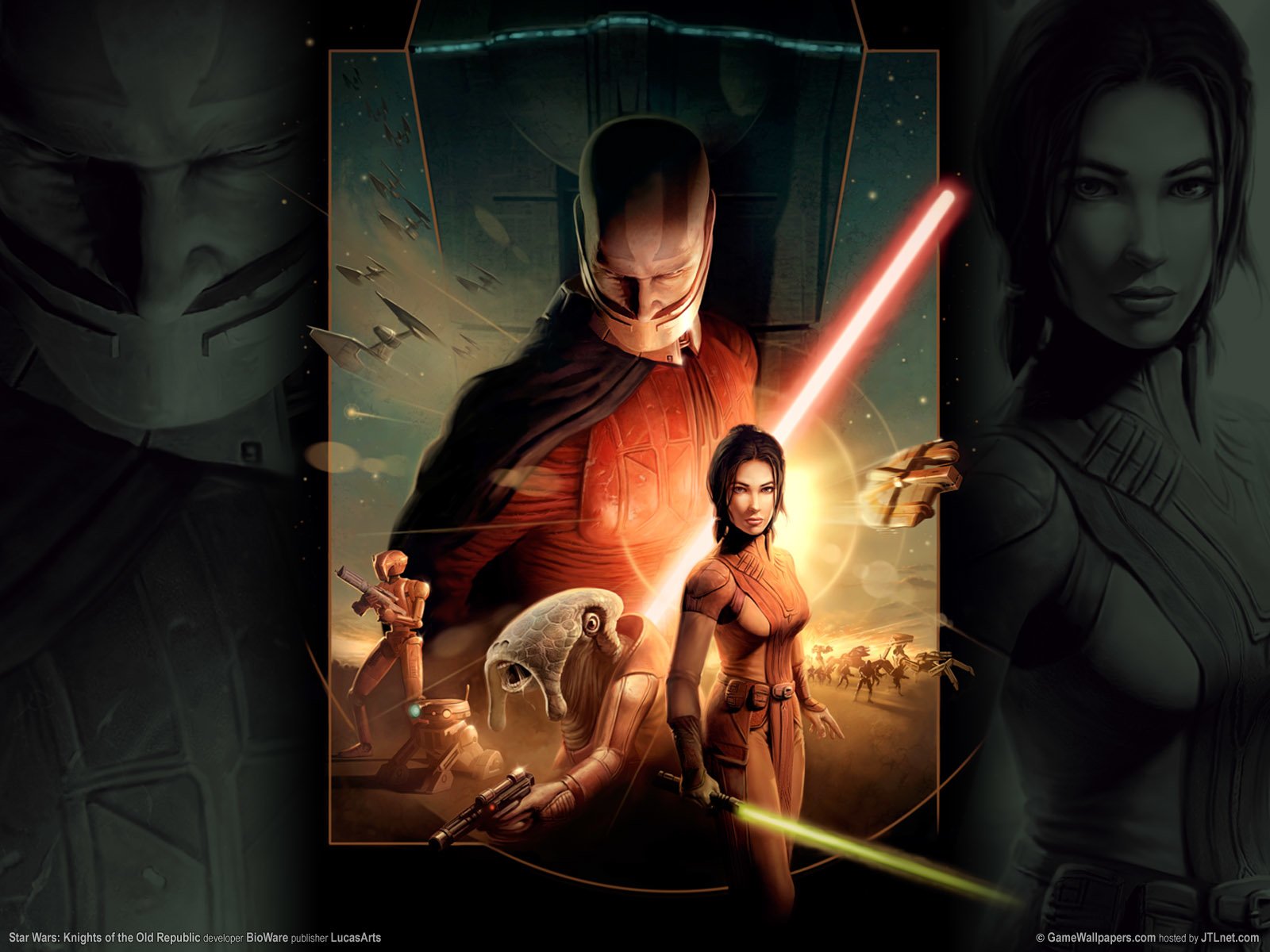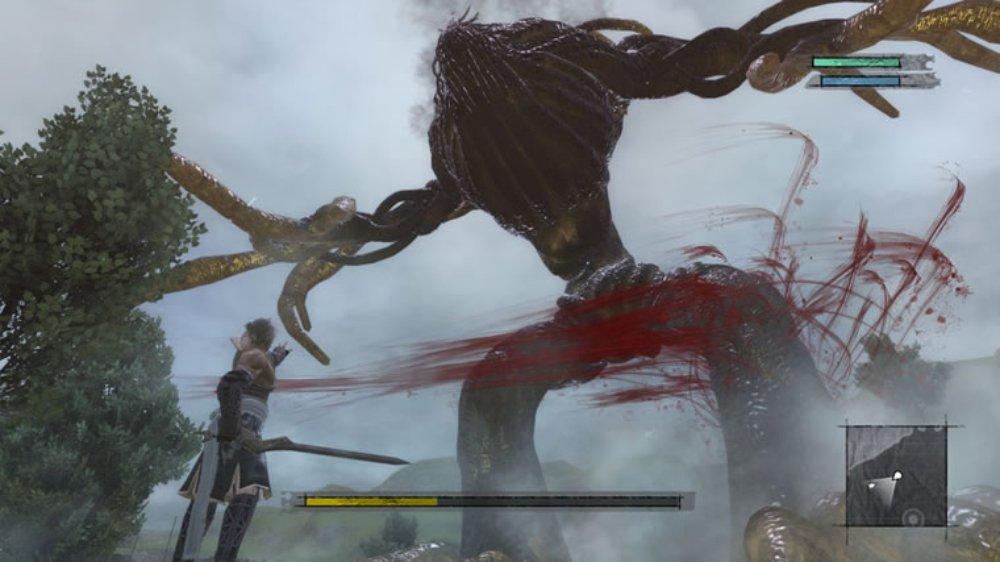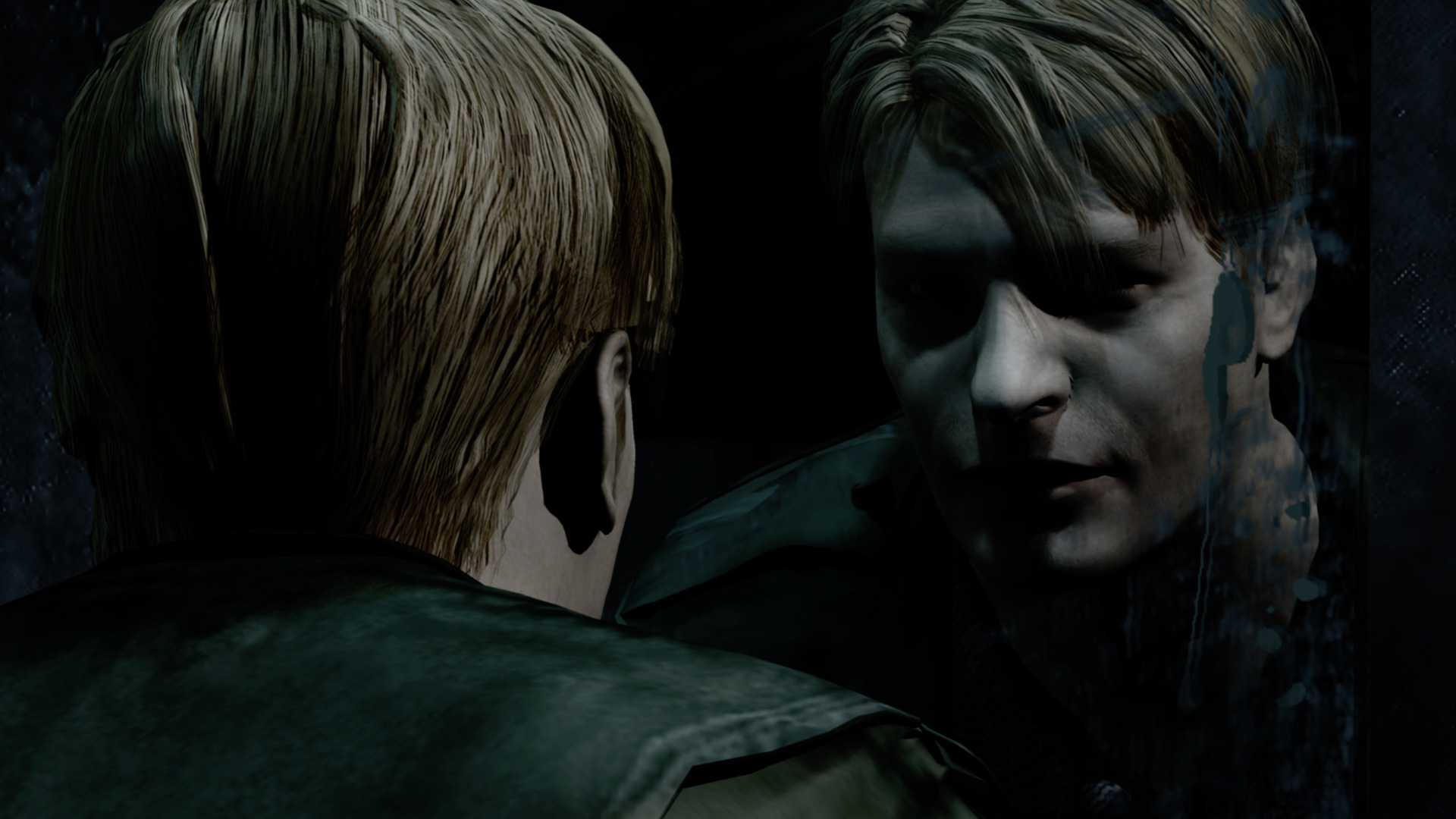
Certain games are so shocking that you’ll be thinking about their twists for days afterward. This list collects games known for their surprising stories that stay hidden until the very end, letting you play without spoilers. Expect clever storytelling, unexpected shifts in viewpoint, and mind-bending revelations—and we’ll also tell you who created each game, so you know what you’re getting into.
‘BioShock’ (2007)

This first-person shooter takes place in Rapture, a stunning underwater city, and expertly weaves its story into the environment and through collectible audio logs. As you explore, you’ll uncover disturbing truths about power and free will. Developed by Irrational Games and published by 2K, the game subtly hints at its larger story long before it’s fully revealed. What initially seems like a simple system of powers and a clear objective – involving characters called Little Sisters – quickly becomes more complex, forcing you to reconsider everything you thought you knew. Be prepared for a major plot twist halfway through the game that completely changes how you view the entire story.
‘BioShock Infinite’ (2013)

Beneath the beautiful surface of this floating city and its cheerful inhabitants lies a complex story about destiny and whether it can be changed. Created by Irrational Games and published by 2K, the game combines fast-paced shooting with intriguing collectibles like kinetoscopes and voxophones, and Elizabeth’s unique abilities reveal the narrative piece by piece. It cleverly explores alternate realities and questions of identity, encouraging players to pay close attention to every detail. The game’s ending expertly brings all the story elements together in a satisfying way, avoiding cheap twists.
‘Spec Ops: The Line’ (2012)

This game starts like a typical military shooter, but quickly becomes a thought-provoking experience that questions how much control players really have. Set in a sandstorm-swept Dubai, and created by Yager and published by 2K, it messes with your senses and challenges your sense of right and wrong. Through distorted visuals, confusing radio messages, and unsettling text, the game makes you question everything you see. A key moment doesn’t rely on a surprising twist, but instead forces you to consider your own involvement in the story.
‘Star Wars: Knights of the Old Republic’ (2003)

This role-playing game lets you create a hero skilled with a lightsaber and embark on a galaxy-spanning quest to stop a dangerous Sith Lord. Developed by BioWare and published by LucasArts, the game features intriguing Force visions, conversations that matter, and strong relationships with your companions – all hinting at a hidden truth. Your choices in quests will not only uncover this secret, but also change how your team interacts and how the story unfolds on different planets. The big reveal feels earned because it’s rooted in the characters’ backstories, rather than just relying on flashy effects.
‘The Last of Us Part II’ (2020)

This game tells a story of revenge, but it cleverly makes you rethink what you believe about violence, understanding others, and how harmful patterns repeat. Created by Naughty Dog and published by Sony, it uses a mix of different time periods and lets you see things from multiple characters’ perspectives, all supported by detailed environments that hint at their motivations. Even the way you fight and sneak around reflects what the characters are feeling and how the story is changing. The most surprising thing about the game is how it lets you play as different people at different times, which completely changes your understanding of the events.
‘Metal Gear Solid 2: Sons of Liberty’ (2001)

The game begins like a typical stealth mission, but quickly evolves into a commentary on how information is controlled and what players expect. Created by Kojima Productions under Konami, it features new main characters and frequently breaks the fourth wall. Characters often deliver lengthy monologues, and events are carefully staged. Even the in-game conversations and mission details are designed to be misleading, highlighting themes of control and manipulation. Later events give new meaning to things that happened earlier, without revealing the ending.
‘Metal Gear Solid V: The Phantom Pain’ (2015)

This expansive stealth game subtly reveals its story through gameplay, environments, and even replays of missions. Created by Kojima Productions and published by Konami, it uses items like audio tapes and medical records, along with how characters act, to gradually reveal secrets about who people are and what’s really happening. The game’s structure, with its episodes and repeated missions, isn’t just extra content – it’s full of clues. Finding certain tapes and completing optional missions unlocks important information that changes how you understand the story and who’s in control.
‘Nier: Automata’ (2017)

Beneath the action of androids fighting machines in a broken world lies a complex story about what it means to be aware, the nature of repeating patterns, and the search for purpose. This game, created by PlatinumGames and published by Square Enix, is designed to be played multiple times – each playthrough reveals new scenes and gameplay elements that shift how you understand the story. Even the user interface, menu options, and credits contribute to the overall narrative. The biggest surprises happen as the story branches and different paths come together.
‘Nier’ (2010)

What appears to be a simple rescue mission is actually full of hidden details that become clear as you progress. The game, created by Cavia and published by Square Enix, subtly reveals clues through in-game books, what bosses say, and language you don’t understand at first. Playing through the game multiple times unlocks new conversations that change how you view the story’s choices. The big reveal isn’t a sudden shock, but a gradual realization built on understanding the characters and their motivations through repeated playthroughs.
‘Portal’ (2007)

Underneath the polished surface of its testing areas lies a surprisingly dark and funny story about what’s really going on. The game, made by Valve, teaches you how to use portals and manipulate physics, all while a cheerfully robotic voice guides you – but something feels off. Graffiti and secret areas hint at a different version of events. Just before the end, the game’s tone completely changes, making you rethink everything that’s happened.
‘Portal 2’ (2011)

Okay, so this sequel really digs into the relationships between the characters, and things aren’t always what they seem – people switch sides, which actually affects how you solve the puzzles. Valve did a great job with this one, introducing new gels, light bridges, and these personality cores that unlock bits of the story as you play. They’ve even timed the dialogue during the test chambers perfectly – it’s funny, but also hints at what’s coming. Honestly, the way the whole facility changes and who seems to be in control keeps you totally guessing. It’s a really clever design!
‘Outer Wilds’ (2019)

Imagine being stuck in a 22-minute loop while exploring alien planets. That’s the premise of this game, where you’ll unravel a mystery involving old technology and your own desire to understand it. Developed by Mobius Digital and published by Annapurna Interactive, the game challenges you to find clues hidden inside planets, on their surfaces, and in ancient writings. You piece together information from ship logs, allowing you to solve the puzzle in any way you choose. And the most surprising discoveries aren’t necessarily at the very end – you’ll uncover them throughout your journey.
‘The Witness’ (2016)

I’m totally hooked on this puzzle game! It seems simple – just lines and shapes – but there’s this really clever story unfolding as you play. It’s not told with words, but through the way the island is designed, the sounds you hear, and how your perspective changes. The environment actually teaches you how things work, and then it brilliantly messes with your expectations. There’s even a hidden sequence you can find that completely changes how you think about the puzzles, but it doesn’t give away the answers – it just makes you see things differently. It’s so smart!
‘Twelve Minutes’ (2021)

The game unfolds through repeated evenings, each slightly different, until deeper connections and secrets are revealed. Created by Luis Antonio and published by Annapurna Interactive, it takes place entirely within a small apartment, and each time loop lets you carry over what you’ve learned. You investigate by paying attention to where objects are, how conversations unfold, and precise timing. The big mystery isn’t solved with a final scene, but by understanding how the different loops connect to each other.
‘Return of the Obra Dinn’ (2018)

You play as an insurance investigator solving the mystery of a missing crew. Your key tool is a unique pocket watch that lets you revisit the moments leading up to their deaths. Created by Lucas Pope and published by 3909 LLC, the game transforms traditional puzzle-solving—like logic grids and deduction—into a compelling story. The game subtly guides you with its visuals and sound, revealing identities and causes without giving away the answers. Instead of simple plot twists, you experience a series of connected discoveries as you uncover the truth and complete your investigation.
‘Her Story’ (2015)

This game lets you investigate events by searching through a police database of video clips. Created by Sam Barlow, it’s unique because your searches drive the story forward. The order you see things in isn’t fixed – key moments can happen early or late depending on what you look for. The story really twists and turns based on how people present themselves differently in each interview.
‘Silent Hill 2’ (2001)

A letter from your late spouse leads you to a mysterious, foggy town steeped in regret. Developed by Team Silent and published by Konami, the game uses unsettling creatures, symbolic settings, and sound design to suggest hidden secrets. Your choices and discoveries throughout the game—not just a final reveal—gradually uncover the truth, with optional scenes and items adding layers to the story.
‘Danganronpa: Trigger Happy Havoc’ (2010)

This game takes place in a locked academy where solving mysteries involves careful deduction and fast-paced challenges. Players investigate cases by reading through story chapters, then engaging in rhythm-based arguments and presenting evidence. Each mystery has a key twist that changes how you view previous clues and statements. As the story progresses, the investigation expands beyond the school, revealing a larger, more complex mystery.
‘999: Nine Hours, Nine Persons, Nine Doors’ (2009)

Nine people are stranded on a sinking ship and have to solve dangerous puzzles against the clock. Originally created by Chunsoft (now Spike Chunsoft) for handheld devices, the game features a unique design: instead of a traditional map, you progress by remembering clues and choices. Solving puzzles and making different dialogue choices reveals new scenes that change how you understand everything that happened before. The real surprise comes from how information you gather in one attempt affects future playthroughs.
‘The Stanley Parable’ (2013)

This unique game features a narrator who comments on everything you do—but things get interesting when you try to break the rules, or follow them too closely. Created by Galactic Cafe, it’s an experiment that cleverly uses your choices to show how games create the illusion of freedom. The game loops back on itself, and even the menus are part of the experience. Expect surprising reactions from the narrator as you explore—it’s full of unexpected twists.
Share your favorite jaw-dropping game twists—without ending spoilers—in the comments!
Read More
- 39th Developer Notes: 2.5th Anniversary Update
- Shocking Split! Electric Coin Company Leaves Zcash Over Governance Row! 😲
- Live-Action Movies That Whitewashed Anime Characters Fans Loved
- USD RUB PREDICTION
- Here’s Whats Inside the Nearly $1 Million Golden Globes Gift Bag
- All the Movies Coming to Paramount+ in January 2026
- Game of Thrones author George R. R. Martin’s starting point for Elden Ring evolved so drastically that Hidetaka Miyazaki reckons he’d be surprised how the open-world RPG turned out
- 8 Board Games That We Can’t Wait to Play in 2026
- South Korea’s Wild Bitcoin ETF Gamble: Can This Ever Work?
- TV Pilots Rejected by Networks
2025-11-13 05:17